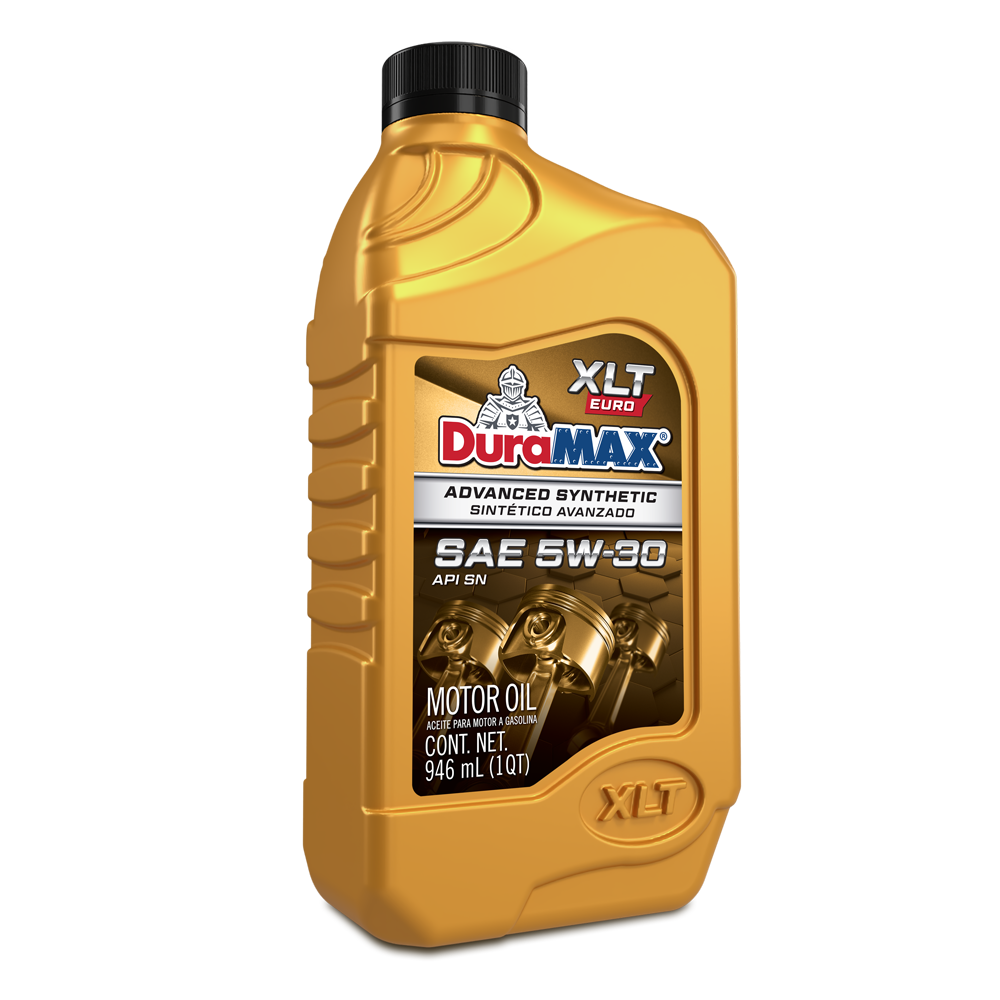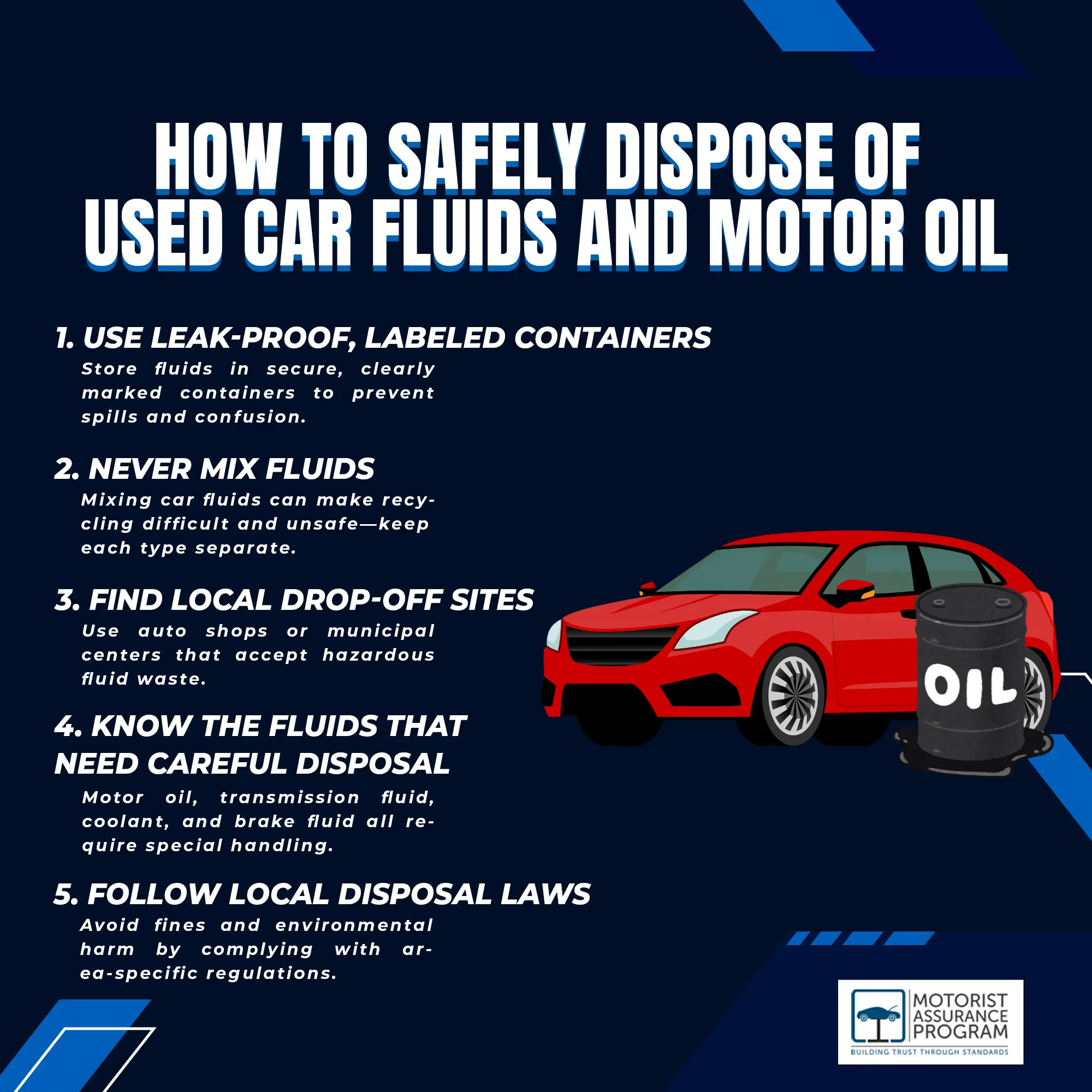Have you ever wondered if motor oil could double up as transmission fluid? Maybe you’re in a pinch, or perhaps you’re just curious about how these two essential car fluids stack up against each other.
Whatever the case, understanding the role each fluid plays in your vehicle is crucial. Missteps here could lead to costly repairs and unwanted headaches. You’ll uncover the key differences between motor oil and transmission fluid, and find out whether substituting one for the other is a savvy hack or a risky gamble.
Prepare to have your curiosity satisfied and gain the insights you need to keep your vehicle running smoothly.
Motor Oil Vs Transmission Fluid
Understanding the difference between motor oil and transmission fluid is crucial. These fluids play vital roles in vehicle maintenance. Each serves a unique purpose, tailored to specific tasks. Can motor oil replace transmission fluid? Let’s dive into their differences to find out.
Composition Differences
Motor oil and transmission fluid have distinct compositions. Motor oil is designed to lubricate engine parts. It reduces friction and protects the engine from wear. Its formulation includes additives for cleaning and corrosion protection.
Transmission fluid, on the other hand, is crafted for transmission systems. It facilitates gear shifts and cools the transmission. Its unique additives help prevent oxidation and foam formation. These differences in composition define their specific roles.
Functionality In Vehicles
The functionality of motor oil versus transmission fluid varies. Motor oil circulates through the engine. It ensures smooth operation and extends engine life. Without it, engines face increased friction and overheating.
Transmission fluid is crucial for transmission performance. It enables seamless gear changes and maintains transmission health. Using motor oil in place of transmission fluid can cause damage. The transmission demands specific lubrication not provided by motor oil.
Understanding these functions is essential for vehicle maintenance. Each fluid fulfills its own purpose. Incorrect usage can lead to costly repairs. Always use the correct fluid for your vehicle’s needs.

Credit: duramax.com
Potential Risks Of Using Motor Oil In Transmission
Using motor oil as transmission fluid may seem like a quick fix. But this choice carries potential risks that can affect your vehicle’s health. Motor oil and transmission fluid serve different purposes. Substituting one for the other can cause serious issues over time. This decision could impact the performance and longevity of your transmission system.
Impact On Transmission Performance
Motor oil is not designed for transmission systems. Its viscosity differs from transmission fluid. This difference affects how the transmission operates. Motor oil can lead to poor lubrication. Gears may not move smoothly. Shifting can become difficult. This leads to reduced efficiency. Your driving experience may suffer. The transmission may overheat, causing further damage.
Long-term Damage Considerations
Using motor oil in transmission systems can cause long-term harm. The components are not designed to handle motor oil. Over time, wear and tear increases. Metal parts can grind against each other. This can result in serious damage. Repair costs could skyrocket. You might face frequent breakdowns. The lifespan of your transmission could shorten significantly.
Situations Where Motor Oil Might Be Used
When you’re caught in a tight spot, you might find yourself considering unconventional solutions. One common question is whether motor oil can be used as transmission fluid. While it’s not ideal, there are certain situations where this might be your only option. Let’s explore these scenarios to understand when and how you might use motor oil for your transmission.
Emergency Scenarios
Imagine you’re on a road trip in a remote area, and your transmission fluid runs low. The nearest auto shop is miles away, and you don’t have any spare transmission fluid. In such emergencies, using motor oil as a temporary fix can keep you moving. This quick decision might save you from being stranded, but remember it’s a stopgap measure, not a permanent fix.
Temporary Solutions
Motor oil can act as a temporary substitute when you’re in a pinch. It has lubricating properties that can protect your transmission from immediate damage. However, it lacks the specific additives that transmission fluid contains, which are essential for long-term efficiency.
When I was a young driver, I once found myself in a similar predicament. My old sedan started acting up, and I had no transmission fluid at hand. A friendly mechanic suggested using a bit of motor oil to get me to the nearest garage. It worked, but the first thing I did upon arrival was flush and replace it with the proper fluid.
While this might work for a short journey, you should always replace the motor oil with the correct transmission fluid as soon as possible. Doing so will ensure your vehicle runs smoothly and avoids costly repairs. Have you ever faced a similar situation where improvising was your only option?
Expert Opinions On Fluid Compatibility
When it comes to maintaining your vehicle, understanding the nuances of fluid compatibility is crucial. You might wonder whether motor oil can serve as a substitute for transmission fluid. This question isn’t just about practical application; it touches on expert insights that can save your car from potential damage. Let’s dive into what the mechanics and manufacturers have to say.
Mechanics’ Perspectives
Most mechanics agree that motor oil is not suitable for transmission systems. Transmission fluid is designed with specific properties that cater to the delicate needs of transmission components.
Motor oil lacks the necessary friction modifiers and detergents that transmission fluid possesses. Using motor oil can lead to increased wear and tear on your transmission gears.
One mechanic recounted a story about a customer who used motor oil in their transmission as an emergency measure. Although it worked temporarily, it led to significant repair costs later. Would you risk costly repairs for a temporary fix?
Manufacturer Guidelines
Car manufacturers provide detailed guidelines on fluid compatibility. They specify which fluids are safe for use, emphasizing the importance of adhering to these recommendations.
Transmission fluid is engineered with additives that ensure smooth shifting and protect against corrosion. Manufacturers design these fluids to meet the specific demands of your vehicle’s transmission system.
Ignoring these guidelines could void your warranty, leaving you responsible for expensive repairs. Why gamble with your vehicle’s health when you have clear instructions?
Ultimately, understanding expert opinions on fluid compatibility can help you make informed decisions about your vehicle maintenance. Consider the insights from mechanics and manufacturers before attempting any substitutions. Your vehicle deserves the best care, and so do you.
Alternatives To Motor Oil For Transmission
Motor oil and transmission fluid serve different functions in a vehicle. While motor oil lubricates the engine, transmission fluid lubricates and cools transmission components. Using motor oil as transmission fluid can lead to serious issues. Instead, consider alternatives specifically designed for transmissions.
Recommended Transmission Fluids
Transmission fluids are tailored for specific transmission types. Automatic transmissions typically use fluids labeled ATF (Automatic Transmission Fluid). These fluids ensure smooth gear shifts and protect transmission parts. Manual transmissions may use gear oil, which offers different viscosity levels. Always check your vehicle’s manual for the recommended type.
Innovative Fluid Technologies
Advancements in fluid technology have introduced synthetic transmission fluids. These fluids offer better performance in extreme temperatures. Synthetic options reduce wear and extend transmission life. Some manufacturers develop specialized fluids for enhanced fuel efficiency. Explore innovative solutions to maintain your transmission’s health.

Credit: go4trans.com
Steps To Correct Fluid Mistakes
Using the wrong fluid in your vehicle can lead to serious problems. Motor oil and transmission fluid have different properties and functions. If motor oil ends up in the transmission, it can cause damage. Knowing how to correct this mistake is crucial. Acting quickly can prevent further issues and save money.
Signs Of Incorrect Fluid Use
Unusual noises often signal incorrect fluid use. Grinding or whining sounds indicate trouble. Slipping gears or delayed gear changes also suggest a problem. These symptoms require immediate attention. The dashboard may display warning lights. A burning smell is another red flag. These signs shouldn’t be ignored.
Repair And Maintenance Tips
Drain the incorrect fluid immediately. Use a clean pan for collection. Refill the transmission with the correct fluid. Follow the vehicle’s manual for guidance. Flushing the transmission system may be necessary. This helps remove any remaining wrong fluid. Seek professional help if unsure. Regular maintenance checks prevent future mistakes. Always double-check fluid types before use. Keep a maintenance log for reference.

Credit: motorist.org
Conclusion
Using motor oil as transmission fluid is not advisable. They have different functions. Motor oil lubricates the engine. Transmission fluid aids gear shifts. Mixing them could harm your vehicle. Always use the correct fluid type. Your car’s manual provides guidance.
Stick to manufacturer recommendations for safety. Using the right fluid ensures smooth operation. Extend your vehicle’s lifespan by proper maintenance. Avoid unnecessary repairs and costs. Keep your vehicle running efficiently. Regular checks prevent damage. Protect your investment with the right care.
